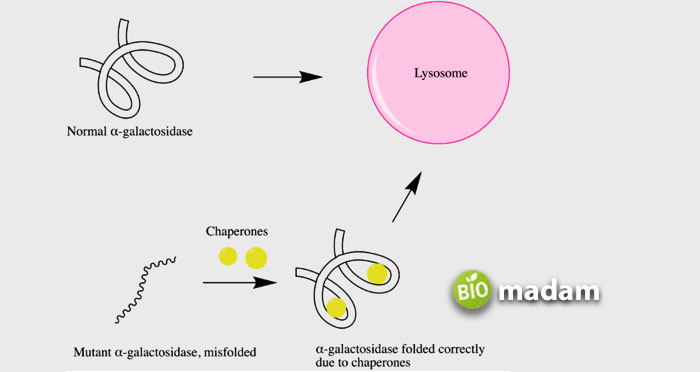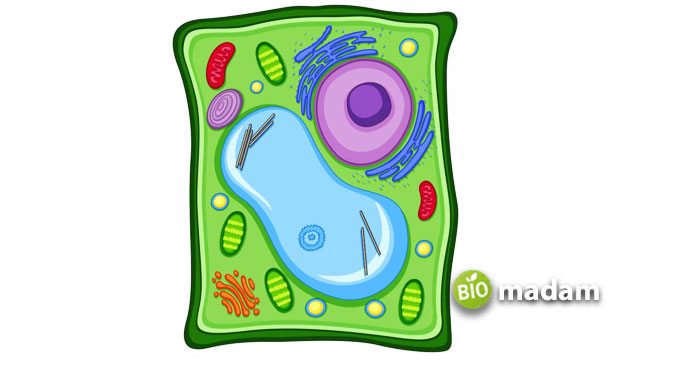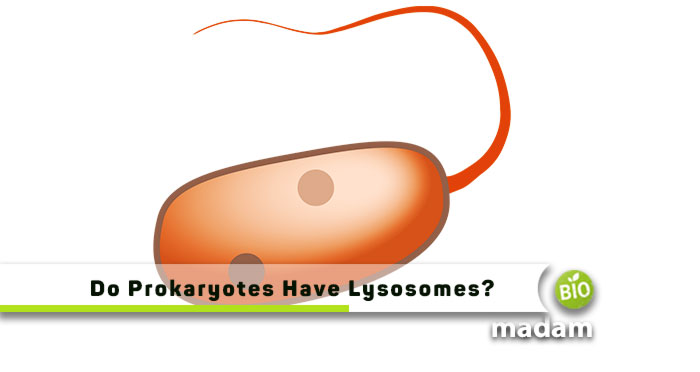All living things around us comprise prokaryotic or eukaryotic cells. Prokaryotic cells are a simple type of cells; they have fewer organelles and less complicated cellular processes. They possess the basic cell assembly, including the cell membrane, cytosol, ribosomes, and a few others. However, prokaryotic cells lack many other organelles such as mitochondria, chloroplasts, Golgi apparatus, etc. So, do prokaryotic cells have lysosomes?
This article brings you everything you need to learn about prokaryotes and whether they have lysosomes.
What are Prokaryotic Cells?
Prokaryotic cells are simple and the earliest cells that do not have a complicated structure or function. Most prokaryotes are single-celled organisms and survive only with a few organelles within the cell.
They have a cytosol with dispersed ribosomes, chromatin, and a few other components; a cell membrane covers them. The cell membrane comprises carbohydrates and amino acids.
Prokaryotic cells typically do not exhibit sexual reproduction and multiply through asexual methods like binary fission and fragmentation.
What are Lysosomes?
Lysosomes, also known as the suicide bags of the cell, are sphere-shaped, membrane-bound organelles filled with hydrolytic enzymes. They contribute to the breakdown of biomolecules, especially cellular wastes and debris. Christian de Duve, a Belgian biologist, discovered Lysosomes.
Lysosomes pull cellular waste or foreign material through endocytosis and metabolize them using enzymes. These suicide bags contain over 50 different types of enzymes required for the breakdown of various molecules. Alternatively, they use autophagy to digest discarded debris from within the cell.
Sometimes, lysosomes also damage themselves because of the digestive enzymes in them, leading to cell death, known as autolysis (self-disintegration).
Now that you understand the role of lysosomes in the cell thoroughly, it is time to answer the big question, “Do prokaryotic cells have lysosomes?”

Do Prokaryotic Cells Have Lysosomes?
Prokaryotic cells do not have lysosomes. The three main reasons for the absence of lysosomes in prokaryotes are:
- Lysosomes are single membrane-bound organelles, while prokaryotes lack membrane-bound organelles.
- Golgi bodies and endoplasmic reticulum in eukaryotic cells produce lysosomes. Being double-membrane bound organelles, they are absent in prokaryotic cells. Thus, prokaryotes do not have a lysosome manufacturing site.
- Prokaryotic cells also lack the genes for coding lysosomal proteins and enzymes.
How do Prokaryotes Live Without Lysosomes?
As the answer to “Do prokaryotic cells have lysosomes” is no, how do prokaryotes live without lysosomes?
Eukaryotic cells use lysosomes to digest waste material within and outside the cell. However, prokaryotic cells are way less organized than eukaryotic cells and perform all the functions within the cytosol. The cytosol also contains enzymes that carry out digestive processes, leading to the removal of toxicants and debris.
So, prokaryotic cells do not require lysosomes to break down and remove waste materials.
Other Organelles Absent in Prokaryotic Cells
Besides lysosomes, prokaryotic cells also lack other organelles found in eukaryotic cells, such as:
- Mitochondria
- Nucleus
- Endoplasmic reticulum
- Golgi bodies
- Vacuoles
- Peroxisomes
- Microtubules

The Bottom Line
Prokaryotic cells are simple cells that lack membrane-bound organelles. Lysosomes are prepared in the Golgi apparatus or endoplasmic reticulum, which are membrane-bound organelles; prokaryotic cells lack these organelles. So, the answer to “Do prokaryotic cells have lysosomes” is no, due to the absence of the manufacturing assembly. At the same time, prokaryotic cells also do not have the genes for coding lysosomal proteins and enzymes.
FAQs
Do only eukaryotes have lysosomes?
Lysosomes are membrane-bound and prokaryotic cells lack all membrane-bound organelles. However, the endoplasmic reticulum and Golgi apparatus in eukaryotes produce lysosomes that contribute to debris removal.
Do all cells have lysosomes?
While all eukaryotic cells have lysosomes, they are more common in animal cells, and most plant cells do not have lysosomes. It is due to the cell wall that already protects the cell from foreign particles.
What type of cells have lysosomes?
All eukaryotic cells, especially animal cells, have lysosomes, but they are more common in white blood cells that fight pathogens, viruses, and bacteria. Lysosomes help them get rid of these foreign bodies by engulfing and digesting them.
Are lysosomes in plant and bacteria cells?
Lysosomes are absent in plants and prokaryotic cells. Thus, bacterial cells also do not have lysosomes. These cells function adequately without the need for lysosomal enzymes.
Are lysosomes found in the cytoplasm?
The endoplasmic reticulum and Golgi bodies are lysosome manufacturing sites, which are then sent to the cytoplasm to roam free.

Hello, I would like to introduce myself to you! I am Chelsea Rogers, an experienced blog writer for science articles, holding an MPhil degree. My enthusiasm to grab the best knowledge, let it relate to botany, zoology, or any other science branch. Read my articles & let me wait for your words s in the comment section.

